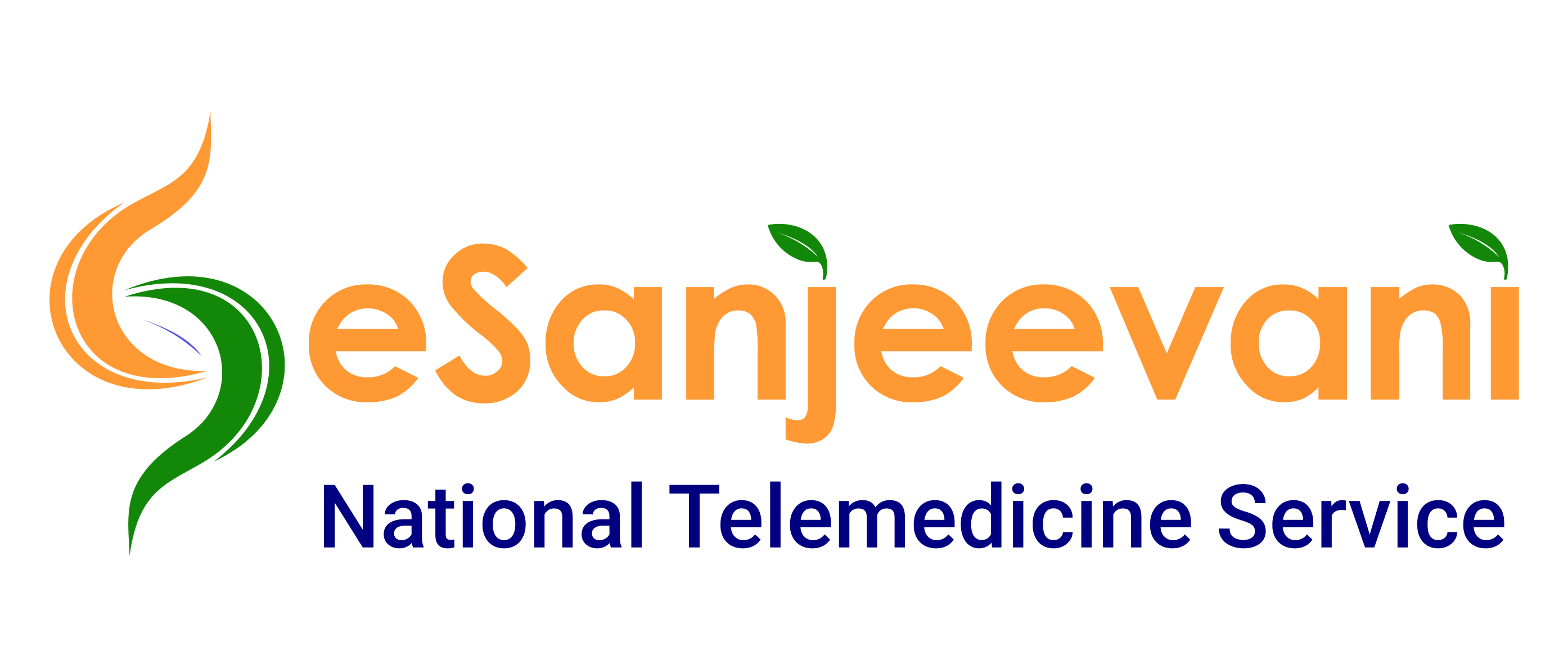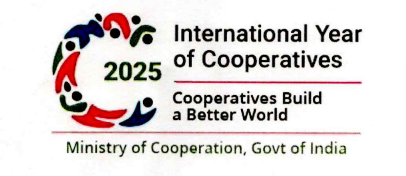Steps taken by the Government to ensure quality standards of food products
Regular surveillance, monitoring, inspection and random sampling of various food products are conducted by FSSAI through State/UTs
Penal provisions in place against the defaulting Food Business Operators for non-conforming food samples
243 Primary Laboratories and 22 Referral Laboratories notified by FSSAI across the country for testing various food commodities
285 FSWs (Food Safety on wheels) deployed across 35 States/UTs for on spot testing of adulteration in various food commodities
79 Rapid Analytical Food Testing (RAFT) Kits approved by FSSAI
To ensure availability of safe and wholesome food for human consumption, the Food Safety and Standards Authority of India (FSSAI) was established in 2008 under Food Safety and Standards Act, 2006, primarily for laying down science-based standards for articles of food and to regulate their manufacture, storage, distribution, sale and import. The Food Safety and Standards (FSS) Act, 2006 was operationalized with the notification of Food Safety and Standards Rules, 2011 and six Principal Regulations with effect from the 5th August, 2011.
FSSAI through State/UTs and its Regional Offices conducts regular surveillance, monitoring, inspection and random sampling of various food products to check compliance with the quality and safety parameters and other requirements as laid down under Food Safety and Standards (FSS) Act, 2006, and regulations made thereunder. In cases where food samples are found to be non-conforming, penal action is taken against the defaulting Food Business Operators as per the provisions of the Food Safety and Standards Act, Rules and Regulations.
FSSAI also conducts periodic Pan-India Surveillance of Food products especially staple foods and commodities that are prone to adulteration to ascertain the quality and safety of the food products produced and consumed in India.
For testing of various food commodities, FSSAI has notified 243 Primary Laboratories and 22 Referral Laboratories across the country. FSSAI has provided Mobile Food Testing Laboratory (MFTL) referred to as “Food Safety on wheels” (FSW). FSWs are equipped with basic infrastructure for on spot testing of adulteration in various food commodities. Currently, 285 FSWs are deployed across 35 States/UTs.
FSSAI has published a comprehensive set of resources for food safety and analysis, including 17 Manuals on Methods of Analysis of various Foods commodities, 02 General Guidelines on Sampling, and 15 Methods for the Analysis of fortificants in Fortified Foods. FSSAI has facilitated rapid food testing methods to reduce the screening time of the food products at the field level and accelerate surveillance as well as monitoring activities. 79 Rapid Analytical Food Testing (RAFT) Kits are approved by FSSAI.
The Food Safety Magic Boxes, meticulously curated by FSSAI, facilitates the detection of adulteration in food. It consists of reliable "quick screening tests" that a common person can perform at the household level, enabling a broad assessment of potential adulteration in their food in cases of doubt.
As per the Food Safety and Standards (Licensing and Registration of Food Businesses) Regulation, 2011, Sanitary and Hygienic requirements (based on Good Manufacturing Practices & Good Hygienic Practices) to be followed by the Food Business Operators (FBOs), has been mandated as one of the conditions of license for the Food Manufactures. This is a statutory requirement and any violation to the same by the FBOs attracts punitive action as per the provisions of FSS Act, 2006.
The Union Minister of State for Health and Family Welfare, Shri Prataprao Jadhav stated this in a written reply in the Lok Sabha today.
****
MV
HFW/Steps taken by the Govt to ensure quality standards of food products/21March 2025/2
Read this release in: Urdu , Hindi , Tamil






 स्वास्थ्य एवं परिवार कल्याण मंत्रालय
स्वास्थ्य एवं परिवार कल्याण मंत्रालय 





























